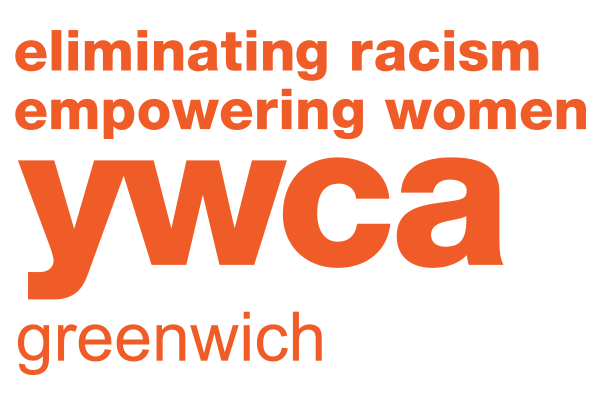What Is Domestic Violence?
Domestic Violence is a crime involving a pattern of abusive behavior used to establish power and control over a dating partner, spouse or other intimate partner through fear and intimidation, often including the threat of physical violence.
Domestic abuse is not just physical. Abusive behavior may be:
- Physical
- Emotional
- Financial
- Verbal
- Sexual
- Isolation from family & friends
- Using children
- Any behavior that asserts power and/or control
The victim may be left feeling scared, confused, dependent and insecure. Children in homes where abuse takes place contend with the same fears and realities as adults.
To access services now, call our hotline at 203-622-0003.
How do I know if I am in an abusive relationship?
Does your partner:
- Constantly criticize you and your abilities as a spouse or partner, parent or employee?
- Behave in an overprotective manner or become extremely jealous?
- Threaten to hurt you, your children, pets, family members, friends or himself?
- Prevent you from seeing family or friends?
- Get suddenly angry or "lose his temper"?
- Destroy personal property or throw things around?
- Deny you access to family assets like bank accounts, credit cards, or the car, or control all finances and force you to account for what you spend?
- Use intimidation or manipulation to control you or your children?
- Hit, punch, slap, kick, shove, choke or bite you?
- Prevent you from going where you want to, when you want and with whomever you want?
- Make you have sex when you don't want to or do things sexually that you don't want to do?
- Humiliate or embarrass you in front of other people? Blame you for the hurtful things they say and do?
If you answered "yes" to any of these questions, you may be a victim of domestic abuse. You are not to blame and you are not alone. Millions of people are abused by their partners every year. You need not face domestic violence alone. You deserve help. To access services now, call our hotline at 203-622-0003.

How do I know if I am abusive?
Do you:
- Call your partner names?
- Text or call them excessively and get upset when they don’t respond?
- Monitor their email or social networking profiles?
- Feel you have a right or need to know where they are most of the time?
- Get jealous or angry when they spend time with friends or family?
- Ask your partner to change their clothes or style of dress??
- Get in their face during a disagreement, or intimidate by throwing things, punching the wall, etc?
- Push, slap or hit them for any reason?
- Restrain them to keep them from leaving?
If you answered "yes" to any of these questions, you may be abusive toward your partner and it is NOT OK.
Why do people stay?
Women and men who stay in abusive relationships undergo gradual steps of reasoning to reconcile the abuse in their minds. The reasons they stay may change as the abuse in the relationship progresses. It’s important to know that many victims don’t stay. Domestic violence shelters across the state are usually full.
At first, they might stay because:
- They love their partners
- They believe their partners will change
- They believe that they can control the abuse by doing things that their partners want; wearing certain clothes, keeping the house clean, keeping the children quiet
- They are embarrassed for their partners and themselves
- They are afraid of what will happen if and when the police become involved
Later, they might stay because:
- They love their partners but are increasingly confused by that love
- They hope their partners will change or get help and believe their partner when they say they will changee
- They are under pressure from family and friends to stay
- They believe their partners love and need them
- They are afraid to be alone
- They believe they can’t support themselves
- They are confused
- They are increasingly scared of their partners’ behavior
Finally, they might stay because:
- Fear: Their partners have become incredibly powerful in their eyes
- The partners threaten to kill them, the children, their families or their friends
- They have developed low self esteem
- They believe that no one can help them
- They believe that they cannot survive alone
- They believe that no one will love them
- They are very confused and feel guilty
- They become depressed and immobile. Decisions are difficult and sometimes impossible to make.
- They believe they have no options
- They have developed serious physical and/or emotional problems

